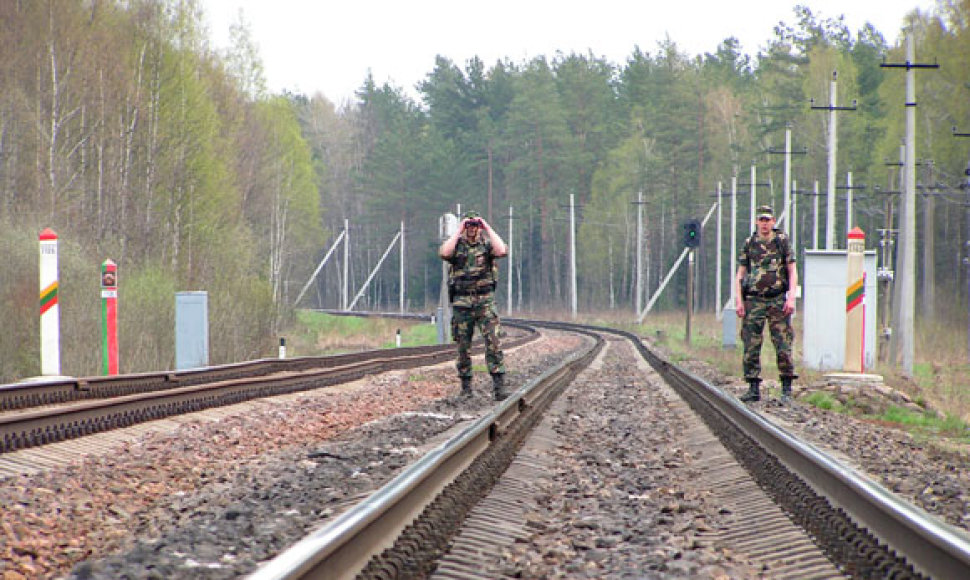The Committee called on the Ministry of Transport and Communications to cooperate with the Ministries of Finance, Interior Affairs and Foreign Affairs to immediately draft an action plan to implement measures for the development of Lithuanian and Belorussian border check-points.
The Committee also said that long truck queues on the Lithuanian-Belorussian border remain one of the most serious problems. It called on relevant ministries and accountable institutions to analyze the cause of these queues, identify obstacles to ensuring proper capacities of border check-points and propose solutions to the problem.
Lithuania and Belarus signed the agreement in October last year during Lithuanian President Dalia Grybauskaitė's visit to Minsk. Lithuanian lawmakers ratified the agreement last summer.
The Lithuanian Minister of Foreign Affairs Audronius Ažubalis announced in February that Lithuania had officially informed Belarus on its readiness to ease border-crossing process.
The agreements will allow certain groups of border region residents to cross the Lithuanian-Belorussian border without visas, with special permits, and stay in the other state's territory within 50 kilometers range from the border for up to 90 days in six months. The permits will not allow to be employed.
The permits, which will be valid up to five years, will be issued to permanent border region residents who plan to visit the other state's border territory due to family connections, economic, trade, cultural and other reasons.
Around 800,000 Lithuanian and 600,000 Belarusian citizens will be eligible for the permits. The territories on the Lithuanian side will include Vilnius, Ignalina, Varėna, Druskininkai, while he Belarusian regions subject to the agreement cover Grodno, Lida, Ashmyany.












